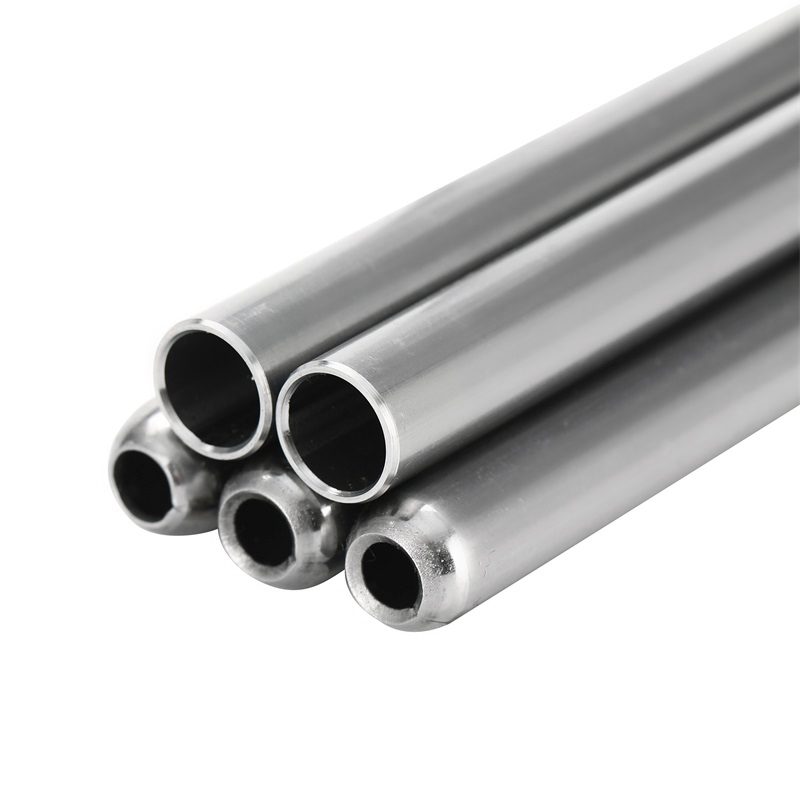
Suppliers of Automotive Parts The Backbone of the Automotive Industry
The automotive industry is a complex web of manufacturers, suppliers, and service providers, with suppliers of automotive parts being critical players in this ecosystem. These suppliers provide essential components that ensure the smooth functioning, safety, and performance of vehicles. Their role has become increasingly significant in response to evolving consumer preferences, technological advancements, and regulatory pressures.
The Role of Automotive Parts Suppliers
Automotive parts suppliers are responsible for producing a variety of components, including engines, brake systems, transmissions, chassis, and electronic control units. They serve major car manufacturers, commonly referred to as Original Equipment Manufacturers (OEMs), as well as the aftermarket segment, which involves replacement parts and accessories. The operations of these suppliers are typically divided into three tiers Tier 1 suppliers deliver parts directly to OEMs, while Tier 2 and Tier 3 suppliers provide components and materials to Tier 1 suppliers.
Supply Chain Dynamics
The supply chain in the automotive sector is intricate and requires coordination between numerous stakeholders. Suppliers must manage inventories effectively and predict demand patterns to maintain a seamless production process. Just-in-time (JIT) manufacturing techniques have become prevalent, allowing suppliers to minimize waste and reduce costs by producing components only as needed. However, this approach also requires a high level of reliability and quick response times, as any disruption in the supply chain can lead to production delays for automakers.
Technological Innovations
Technological advancements are reshaping the automotive parts supply chain. The rise of electric vehicles (EVs), for instance, has prompted suppliers to innovate and develop new components that support electrification. This includes batteries, electric drivetrains, and advanced electronics. Additionally, the integration of Industry 4.0 technologies such as the Internet of Things (IoT), artificial intelligence (AI), and machine learning is enhancing operational efficiencies, predictive maintenance, and real-time monitoring of manufacturing processes.

Challenges in the Industry
Despite the dynamic growth, the automotive parts supply industry faces several challenges. Economic fluctuations, trade wars, and supply chain disruptions—such as those seen during the COVID-19 pandemic—can significantly impact the availability of parts. Moreover, increasing environmental regulations compel suppliers to invest in sustainable practices and materials, which may require substantial financial investment and innovation.
The Future of Automotive Parts Supply
Looking ahead, the future of automotive parts suppliers will be heavily influenced by trends such as autonomous driving technology and increased connectivity within vehicles. As vehicles become more technologically advanced, the demand for sophisticated automotive components will rise. Suppliers that can adapt quickly to changing technologies and consumer demands will be well-positioned to thrive in this evolving landscape.
Moreover, collaboration between suppliers and OEMs is expected to become more crucial. Strategic partnerships can foster innovation and accelerate the development of next-generation automotive technologies. Companies that prioritize agility, sustainability, and technological integration will likely lead the industry in the years to come.
Conclusion
Suppliers of automotive parts are integral to the success of the automotive industry. Their ability to adapt to changing technologies, manage complex supply chains, and meet evolving consumer demands is vital for the development of safe, efficient, and sustainable vehicles. As the industry continues to evolve, understanding the dynamics of automotive parts supply will be essential for stakeholders at every level of the automotive ecosystem.